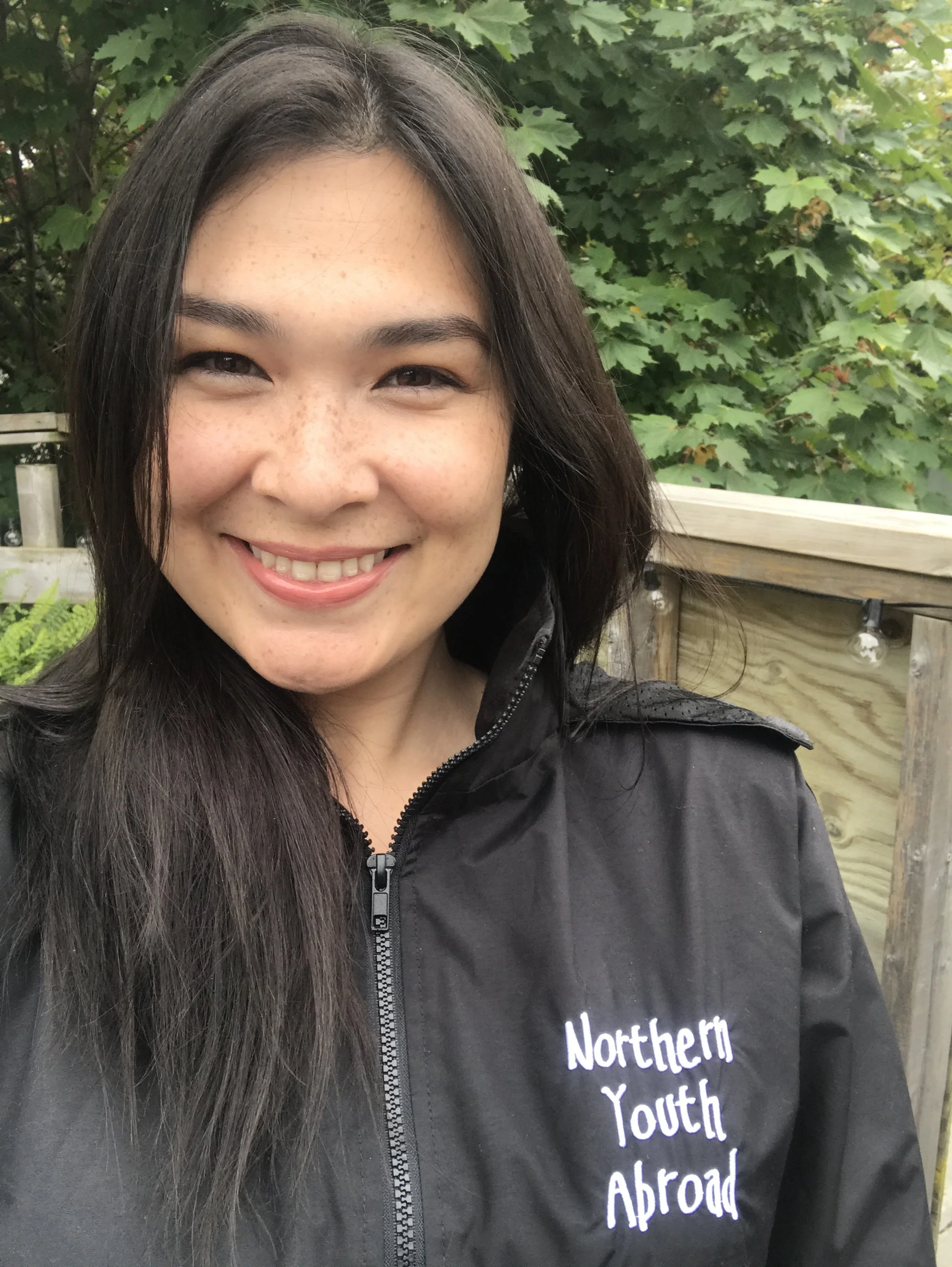Understanding the role of relationships among Inuit healing from trauma: Examining pathways for Inuit-led, culturally grounded research
For Inuit, our sense of agency, connection to community, and culture are inseparable from our wellbeing. Today, our mental health is shaped by historic and ongoing experiences of colonization, which fractured families, suppressed cultural practices, and dismantled community-based healing systems. The abuse endured during relocations, residential schools and other colonial practices, alongside the removal of Inuit-led supports, has left many communities in crisis. These harms are compounded by limited and overburdened mental health services and other social systems that are failing to meet Inuit realities. Restoring wellbeing requires restoring Inuit leadership in designing and delivering care.
This project responds by advancing Inuit-led approaches to healing and trauma research. In partnership with a community-based wellness organization, community subject experts are gathered to determine culturally safe ways to study healing and trauma in the community. Conducted within the Aajiqatigiingniq Research Methodology, respectful relationships, collaboration, and relational accountability are prioritized. Through this approach, the process itself serves as an important part of restoring Inuit ways of addressing social issues. Relevant insights from neuropsychological models will be explored to strengthen community narratives and goals. By centring Inuit voices, this work builds community capacity and advances evidence for culturally grounded, community-owned mental health practices.
This project is co-funded in partnership with Mitacs and Indigenous Women’s Fund of Canada.
-
Karen Aglukark is a lifelong learner and advocate for community-centred research. With academic training in humanities, political science, and psychology, she is committed to ensuring Inuit voices guide mental health policies and programs in their own communities. Raised in Arviat, Nunavut, her lived experiences ground this work and strengthen her dedication. Guided by family, mentors, and peers, Karen’s research seeks to bridge Inuit worldviews with advancements in health sciences. She believes deeply in the knowledge, resilience, and determination within Inuit communities and is motivated by the collective drive to build a self-sufficient, healthy, and thriving future for Nunavummiut.

